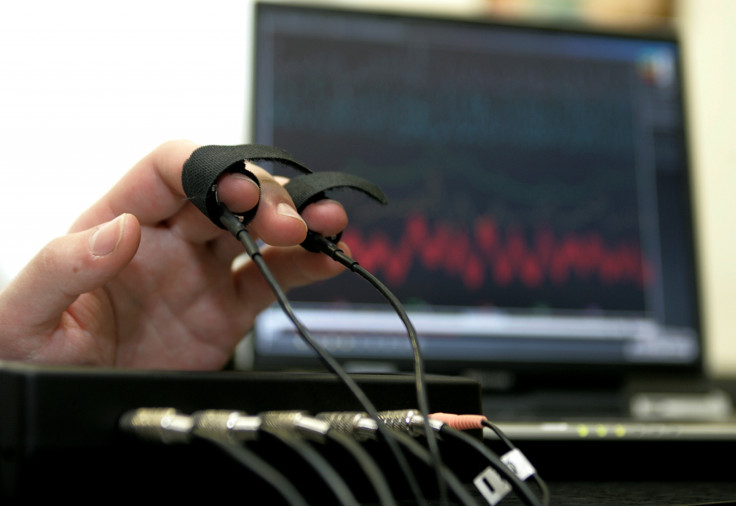Canadian start-up NuraLogix is working on a way to turn your smartphone into a lie detector
Transdermal Optical Imaging technology detects blood flow changes in the face associated with different emotional states.

In the future, your smartphone might be all you need to snare a liar. Canadian start-up NuraLogix has developed an imaging technology that it claims can pick up on hidden emotions and determine whether or not a person is being truthful.
NuraLogix's Transdermal Optical Imaging software works by monitoring blood flow changes in the face. These changes are said to occur automatically when humans experience different emotions, forming part of the body's natural fight or flight response.
Specifically, NuraLogix's image processing technology tracks the concentration of haemoglobin in different parts of the face, such as eyelids, cheeks and forehead. According to the team, this not only changes depending on our emotional state, but when we're lying or telling the truth.
The system has been trained with blood flow data from various emotional states. Taking an image from a conventional camera, such as the one on a smartphone, the software compares subtle changes in skin colour to standardised data to determine what hidden emotions are going on beneath the skin.
Neuroscientist Kane Lee, head of the project's development team, told Motherboard that the company aimed to have the technology market-ready in the next six months, although added that a smartphone application is still a few years off. Which is probably a good thing, as the tech has the potential to take dating apps to whole new levels of creepy inappropriateness.
Among its use cases, NuraLogix is looking at how Transdermal Optical Imaging could be used by security services for so-called "deception detection" techniques. It is unclear exactly how accurate the technology is, meaning you're unlikely to find it deciding the outcome of a court cases any time soon.
Another proposed application of the technology is artificial intelligence. Training machines to read human emotions will be key if we hope to develop anything that resembles human-level intelligence, meanwhile some experts believe that teaching AIs how to empathise with us may alleviate the threat of a robot-induced apocalypse.
© Copyright IBTimes 2025. All rights reserved.






















